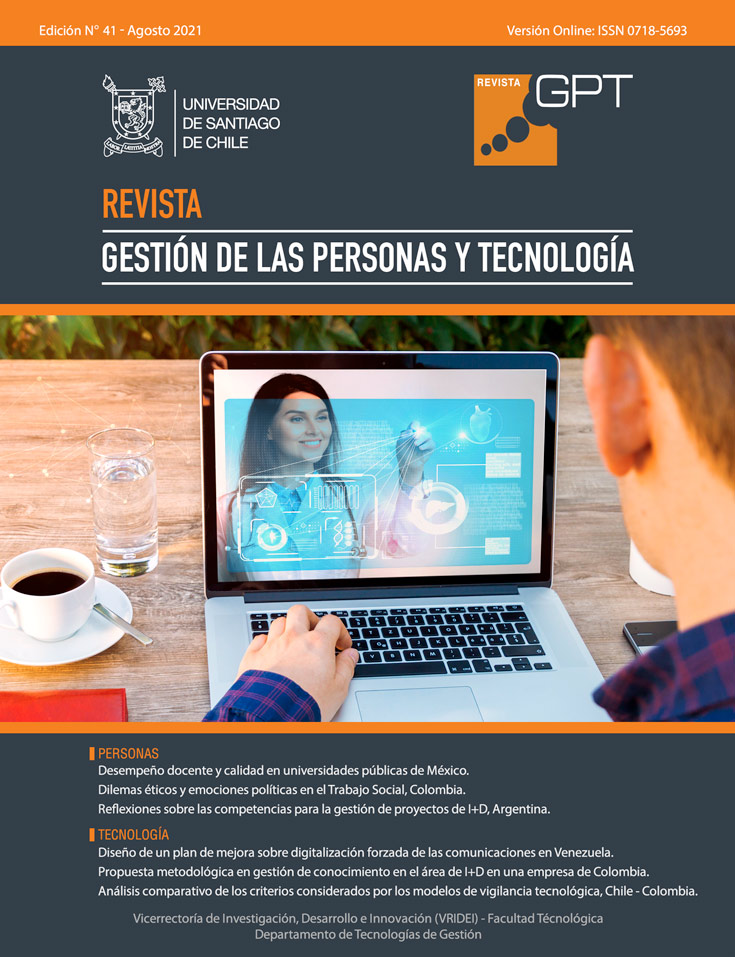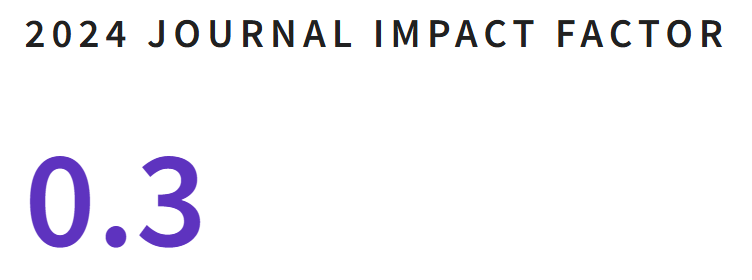Reflections about competencies for managing R&D projects in developing countries
DOI:
https://doi.org/10.35588/gpt.v14i41.5066Keywords:
skills, R&D, technology transferAbstract
In 2006, the Pisa report presents the results on scientific competence, incorporating the dimensions of values †‹†‹and attitudes of the students, on the knowledge and skills that they must acquire to address the different problems from the perspective of science and its methodology.
Complex activities require a varied number of skills; These, in turn, can be specified by their characteristics, established in specific tasks that are finally included in the global competence.
In the case of academic institutions in countries where the State is the main funder, and that have specific areas of R&D, which seek to be more effective and efficient in the process of transferring research results, administrative and Policies are essential to be able to turn ideas into action.
It is striking that most of the works referring to the competencies of professionals engaged in R&D activities, who carry out complex activities, do not consider Emotional and Social competencies.
This reflective writing aims to analyze the different components, skills and competencies required for those responsible for R&D projects, which are carried out in developing countries, to reach high standards in the process of transferring the results of their research.











